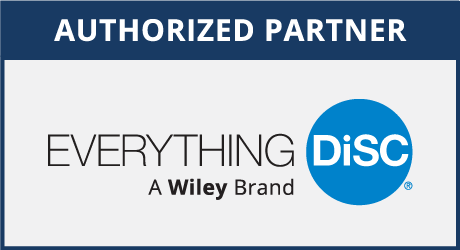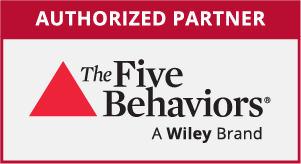Creating a culture of accountability is a hallmark of effective leadership, but what sets apart good leaders from the best leaders lies in how they embrace and embody accountability within their organizations. When individuals take ownership of their actions and outcomes, teams thrive and goals are achieved. However, cultivating accountability within a team or organization requires committed and consistent leadership.

Let's delve into some of the most impactful approaches that leaders can employ to instill a culture of accountability:
1. Lead by Example
Effective leaders understand that they set the tone for accountability within their organization. By consistently demonstrating accountability in their own actions and decisions, leaders inspire others to follow suit. Whether it's meeting deadlines, taking responsibility for mistakes, or honoring commitments, leading by example establishes a standard for accountability that permeates throughout the team.
2. Establish Clear Expectations
Ambiguity breeds confusion and excuses. Leaders must clearly articulate expectations regarding goals, performance standards, and responsibilities. When team members have a crystal-clear understanding of “success,” or what is expected of them, they are better equipped to hold themselves and others accountable for their contributions.
3. Promote Transparency and Open Communication
Best leaders prioritize transparency and open communication, creating an environment where information flows freely and trust is nurtured. They foster a culture where individuals feel comfortable voicing their opinions, expressing concerns, and challenging the status quo. By fostering dialogue and collaboration, they harness the collective intelligence of their teams to solve problems and drive positive change.
4. Set SMART Goals
Specific, Measurable, Achievable, Relevant, and Time-bound (SMART) goals provide a roadmap for accountability. By establishing objectives that are well-defined and attainable, leaders empower individuals to track their progress and take ownership of their results. Regularly reviewing progress during your one-on-one meetings keeps accountability at the forefront of team priorities.
5. Provide Feedback and Recognition
Feedback serves as a catalyst for growth and accountability. Effective leaders offer timely and constructive feedback to help individuals course-correct and improve performance. Additionally, recognizing and celebrating achievements reinforces accountability by acknowledging efforts and accomplishments.
6. Implement Consequences and Rewards
Accountability requires accountability mechanisms. While consequences for underperformance may be necessary, leaders should also implement rewards for exemplary behavior and results. Balancing accountability with positive reinforcement motivates individuals to strive for excellence while holding themselves accountable for their actions.
7. Continuously Assess and Improve
Creating a culture of accountability is an ongoing process that requires continuous assessment and improvement. Leaders should solicit feedback, evaluate performance metrics, and adapt strategies accordingly. By remaining agile and responsive to evolving needs, organizations can sustain a culture of accountability in the long run.
Fostering a culture of accountability is not an overnight endeavor, but rather a journey that requires commitment, consistency, and effective leadership. By leading by example, setting clear expectations, fostering open communication, and implementing accountability mechanisms, leaders can cultivate a culture where individuals take ownership of their actions and contribute to collective success. With these strategies in place, organizations can thrive in an environment built on trust, responsibility, and accountability.
Coaching Challenge
Review the seven strategies. How would you rate your effectiveness as the team leader in each area? If you’re really open to developing a high-performing team, use a tool like SurveyMonkey or Slido and ask your team to rate each of the seven areas. Collaborate on which area would be most helpful to improving the team’s overall performance and brainstorm on what success looks like. In a short period of time, very team member should leave with tangible strategies to help improve the team’s accountability.




